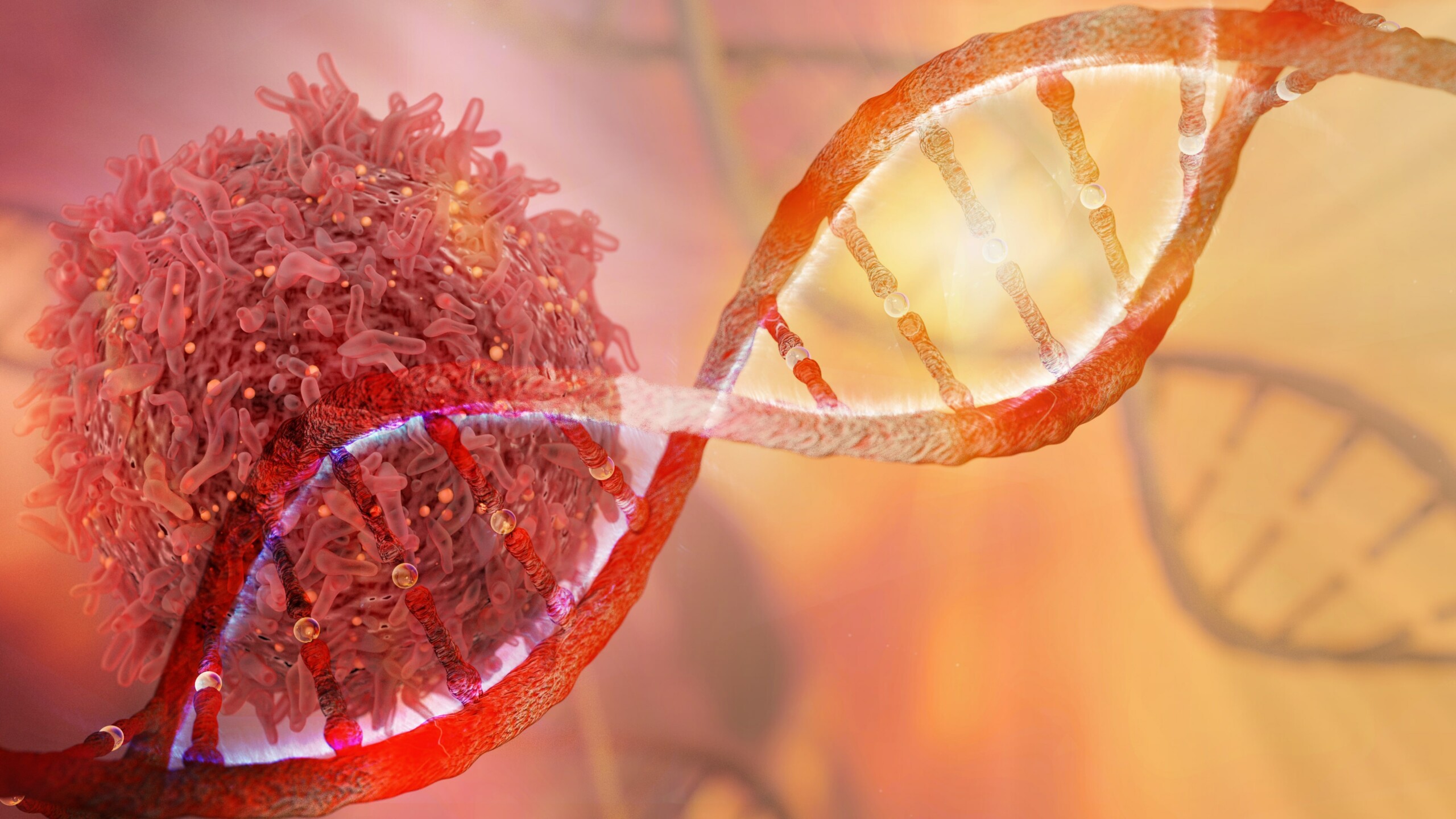Staging is a key component to charting the course of your cancer treatment. It helps your healthcare provider understand the extent and severity of your case and devise a plan to maximize your chances of survival. Although there are multiple testing systems available that can provide information about which stage you’re at, the most commonly utilized system is TNM staging.
TNM (Tumor, Nodes and Metastasis) is the standardized classification for monitoring many different types of cancers. While there are other staging methods specific to certain types of cancer, TNM staging is one of the most widely used and accepted systems across the board. The standard was developed in coordination with the American Joint Committee on Cancer (AJCC) and the Union for International Cancer Control (UICC).
What Are TNM Staging Variables?
Tumor (T) describes the size and extent of the primary tumor. It assesses factors like how large the tumor is, how deeply it has invaded nearby tissues and whether it has grown into adjacent structures. For example, if the disease is still relatively contained, it may be categorized as stage I or even stage 0 and will be labeled as TI or T0.
Nodes (N) indicate whether cancer cells have broken off from the tumor and have spread to nearby lymph nodes, which compose your body’s lymphatic system, an important component of the body’s immune system. These are often the primary invasion sites for cancer cells in stage II or III for most forms of cancer before the disease advances to other parts of your body. If no lymph nodes have been infected, TNM staging will assign you the label of NX. However, if the cancer has progressed, you’ll likely receive a label between N1 and N3, depending on the size and volume of lymph nodes the disease has impacted.
Metastasis (M) evaluates how advanced your cancer is and whether it has metastasized. The disease has metastasized if it has permeated beyond the lymph nodes and tissues and begun invading your body’s organs, which makes removing or killing the cancer cells impossible. (M)’s assessment in TNM staging will either result in an M0 label – meaning the cancer site is still localized – or M1 – meaning it has spread to other parts of your body.
If this is the case for you, it unfortunately means the cancer has progressed to stage IV and is largely considered incurable. In this case, your oncologist will prioritize efforts to keep the cancer at bay and improve your quality of life instead of trying to cure it.
These labels may vary depending on your specific cancer diagnosis. TNM staging may also not be the ideal measure for every situation, depending on what type of cancer you have. This can be the case for patients with blood cancers, as these don’t involve tumors and thus require separate evaluation metrics.
How TNM Staging Can Affect Treatment Options
TMN staging ensures your treatment plan is always tailored to your cancer’s current status. Your oncologist will use this system during initial diagnoses if you have cancer to develop your treatment strategy, track the disease’s movement and form a prognosis.
Confirming what stage your cancer is at helps oncologists determine the most appropriate treatment plan. They’ll schedule localized therapies promptly if you’re still in the early stages or more aggressive treatments if your cancer is more advanced, including chemotherapy, radiation therapy or immunotherapy.
Frequent stage testing is vital to ensure oncologists can implement timely and appropriate interventions based on the most up-to-date information. Cancers diagnosed at earlier stages tend to have a better predicted outcome with higher chances of successful treatment and long-term survival.
The staging may change based on the efficacy of treatment and the patient’s condition. TNM staging enables oncologists to chart this progression and evaluate the effectiveness of their current plan, making changes accordingly to maximize your chances of survival and quality of life.
Get Robust Stage Testing and Dedicated Cancer Treatment in Roseburg, OR
At the Community Cancer Center, our oncologists will give you dedicated care personalized to your situation. We have patient liaisons, support groups and financial aid counselors on board who will help you adjust to a sudden diagnosis and get the care you deserve. We will work hard to deliver effective treatments while maximizing your quality of life.
Learn more about how we can help by calling (541) 673-2267 or by exploring our patient resources page.
